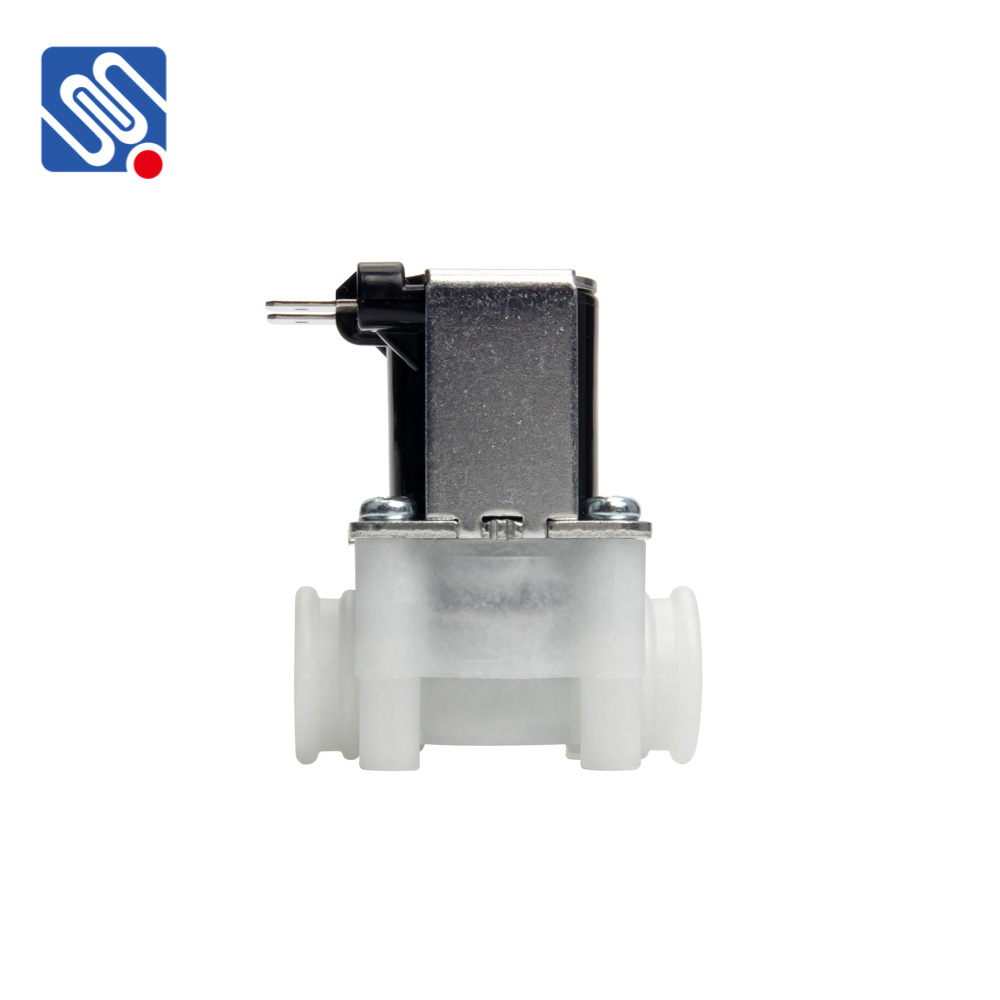In various industries that require precise fluid control, the PVC Solenoid Valve stands out as an effective and reliable solution. This valve utilizes electromagnetic principles to control the flow of liquids, gases, or other substances, and its unique construction using PVC (Polyvinyl Chloride) makes it highly suitable for applications where corrosion resistance is critical. Whether in the field of water treatment, chemical processing, or irrigation systems, the PVC solenoid valve offers several advantages, making it indispensable for many industrial and commercial applications.

What is a PVC Solenoid Valve? A PVC Solenoid Valve is an electromechanically operated valve used to control the flow of fluids through a pipeline. The valve consists of a solenoid coil, which, when energized, generates a magnetic field that moves a plunger or armature within the valve body. This movement opens or closes the valve, allowing or stopping the flow of the fluid. The valve body is made from PVC, a material known for its excellent chemical resistance, durability, and cost-effectiveness. Why Choose PVC for Solenoid Valves? One of the primary benefits of using PVC for solenoid valves is its exceptional resistance to corrosion. Traditional metal valves can corrode when exposed to harsh chemicals, saltwater, or acidic substances. PVC, however, is highly resistant to many chemicals and can withstand environments that would otherwise degrade metal components. This makes PVC solenoid valves ideal for applications involving corrosive liquids and gases, as they provide long-term reliability and low maintenance costs.